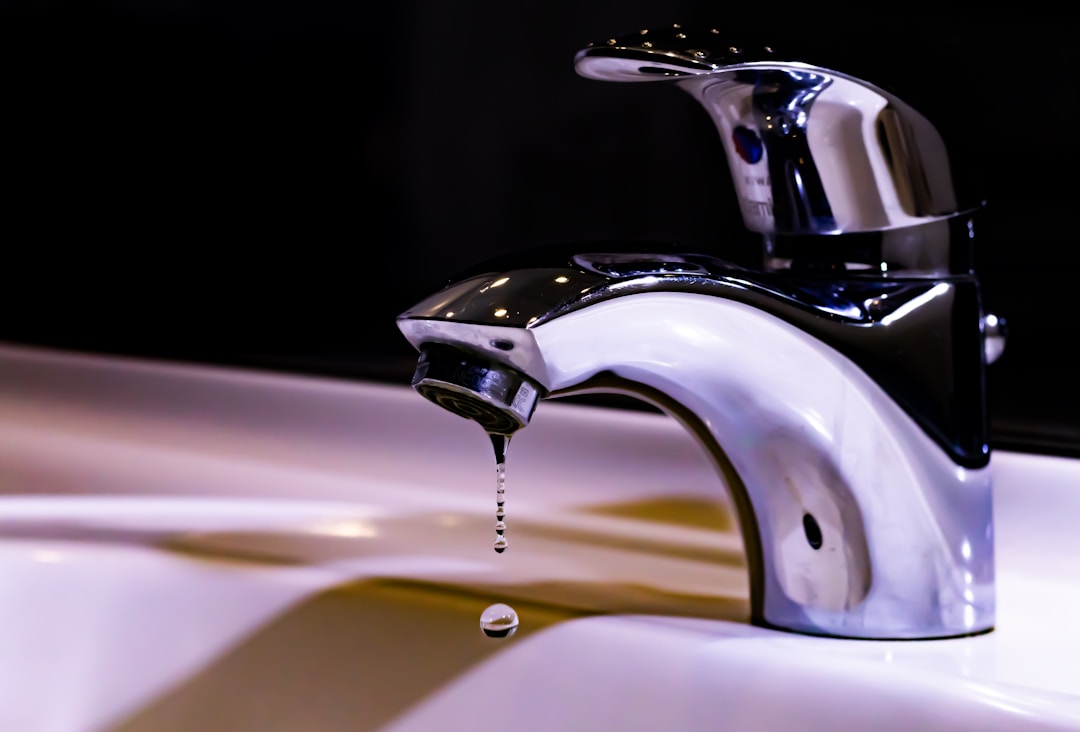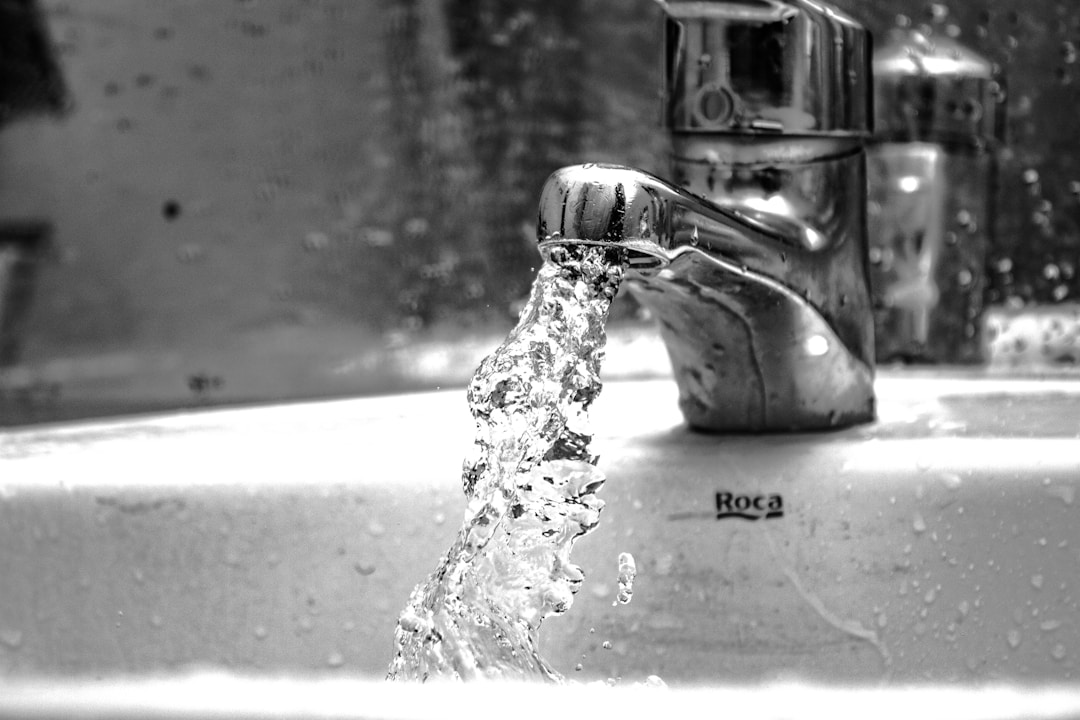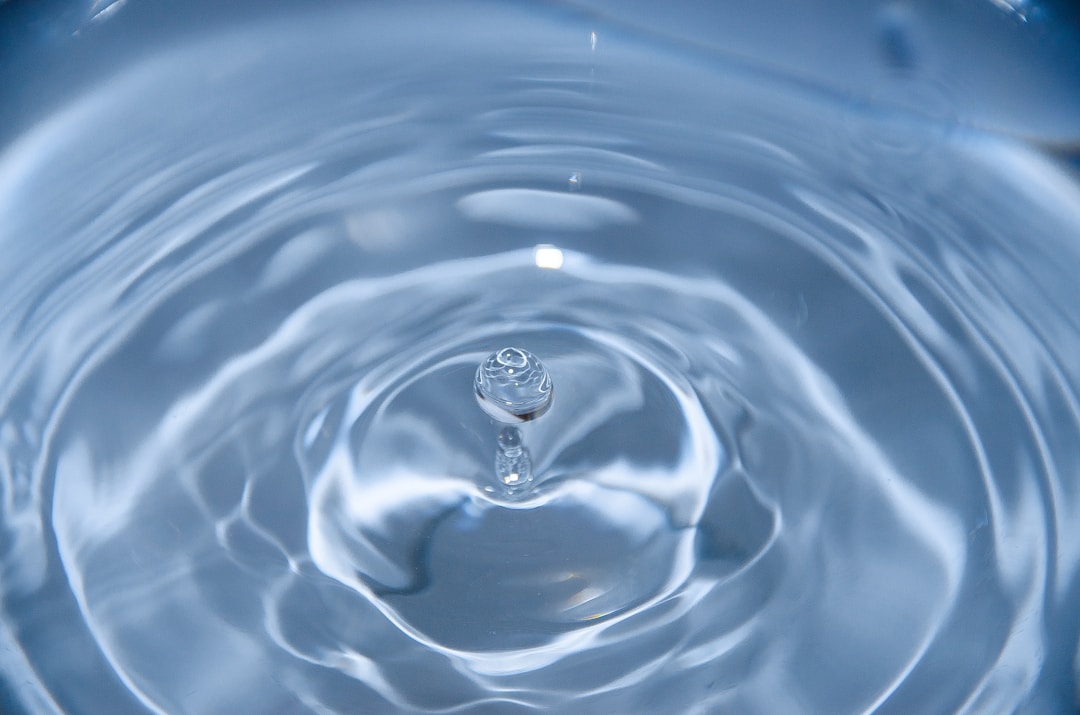How To Improve Your Home’s Water Quality
With the rising awareness about the health implications of contaminated water, the need for improved home water quality cannot be overemphasized. Ensuring that your water is pure and safe for use requires a system of filters, regular testing, and possibly a water softener. Whether it’s for drinking, cooking, cleaning, or even washing, the quality of your water can have an impact on your health and well-being. Below, learn more about how to improve your home’s water quality.
Understanding the Need for Quality Home Water

The importance of having quality home water extends beyond just quenching thirst. High-quality water is crucial for your day-to-day activities, including cooking and cleaning. Consuming contaminated water can potentially cause health issues, affecting your well-being. Contaminants in water can lead to severe infections, skin diseases, or even chronic illnesses. This highlights the need for effective and regular water treatment to be sure that your water is safe for use.
Water that isn’t treated properly can also damage your appliances. This includes dishwashers, coffee machines, and washing machines, which all rely on water. A water scale filter can protect your appliances from such damage. Buying a water-scale filter is a practical decision that offers numerous benefits. From improving the efficiency and lifespan of your plumbing system to providing cleaner clothes and dishes, and even promoting environmental sustainability, this investment is likely to have a positive impact on your daily life.
Exploring Various Types of Water Contaminants
There are numerous types of water contaminants that you should be aware of. These include common biological contaminants, which can be bacteria, viruses, or other microorganisms, and chemical contaminants, which can include pesticides, fertilizers, and pharmaceuticals. Additionally, there are physical contaminants like sediment and particulate matter present in the water. These can be seen floating and generally make the water appear cloudy. Radioactive contaminants can also be found in some waters.
Delving deeper, industrial waste and sewer overflow can introduce heavy metals into water supplies. These toxic metals can build up in the body over time and cause various health problems. Adding to the list is thermal pollution which is a less common but potentially dangerous type of contaminant. This is usually a result of industrial processes that use water as a coolant and then return it to the environment at a higher temperature, causing a decrease in water quality.
The Role of Water Filters in Enhancing Water Quality

Water filters are a proven method for enhancing water quality. They can eliminate the majority of contaminants present in your home water. By trapping these impurities within their mechanism, they deliver cleaner, safer water for use. Carbon-activated filters can reduce several potential water toxins, including chlorine, radon, and some inorganic substances such as heavy metals. They also have the ability to improve the taste and odor of water by removing contaminants that cause these issues.
Reverse osmosis filters take water purification to a whole new level by forcing water through a semi-permeable membrane to remove impurities. This is a method of water purification, that removes up to 99 percent of water contaminants. Still, you need to maintain your water filters. Regular maintenance and replacement when necessary ensure they function and continue to provide safe, clean water.
Making the Most of Water Softeners for Hard Water Issues

Hard water is characterized by a high concentration of minerals like calcium and magnesium. These minerals can cause several issues in households, from leaving residue on dishes to damaging appliances. A water softener can help combat these problems by reducing the mineral concentrations. Water softeners use an ion exchange process to remove high levels of calcium and magnesium, therefore softening the water and extending the life of your appliances.
Having a water softener also means less soap is required for cleaning, as soap doesn’t lather well in hard water. Moreover, using a water softener can lead to smoother skin and softer hair since hard water can be harsh on your skin and hair. In essence, by selecting a high-quality water softener, you can significantly improve your overall water quality and mitigate the issues associated with hard water.
As you can see, prioritizing good water quality in your home is integral to the health, comfort, and safety of your family. By taking steps to improve water quality, you can safeguard against potential health risks, enhance the taste of drinking water, and protect your appliances from damage. It is worth investing the time and effort to improve your home’s water quality to create a healthier and more enjoyable living environment.






